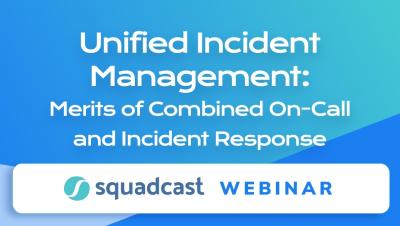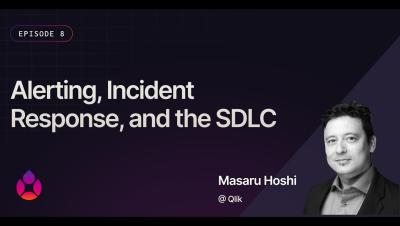What is HCAHPS: A Comprehensive Overview
In the realm of hospitals and healthcare organizations, the term “HCAHPS survey” is a recurrent presence: Hospital Administrator A: “The latest HCAHPS survey results just came out, and patients seem satisfied with…” Hospital Administrator B: “Some of our past patients participated in the HCAHPS survey, but they expressed disappointment with…” You might be left wondering, “What exactly is the HCAHPS survey?” Allow me to elucidate.











